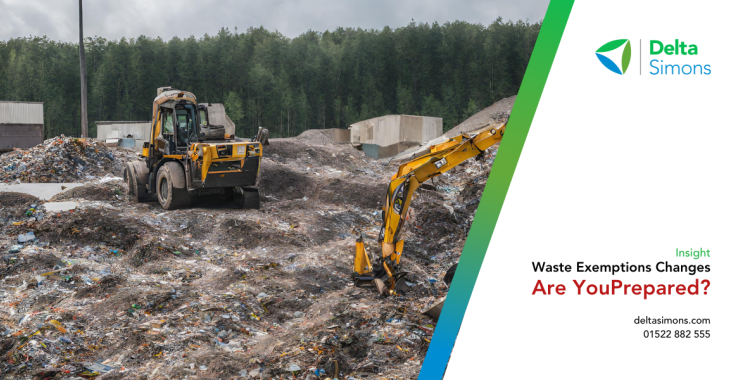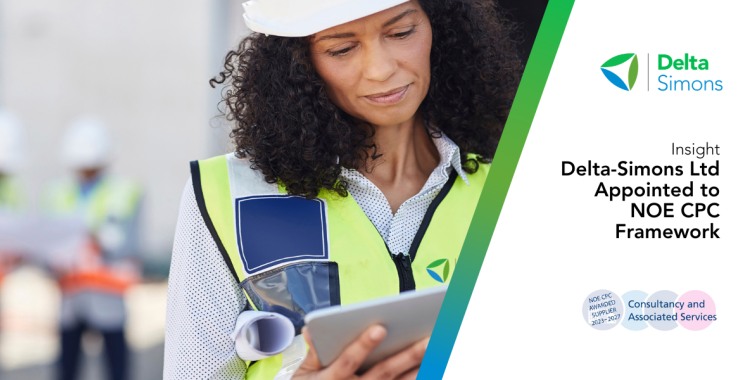The future of due diligence
11 Feb 2016
Geoenvironmental
Transaction Support

Delta-Simons has delivered merger & acquisitions and real estate due diligence services for over 24 years, Alan Crossfield offers his opinion on the market.
Alan Crossfield, Unit Director for Delta-Simons' Geo-environmental Due Diligence team, has been with the company for almost 16 years, specialising in contaminated land assessment within the property and merger & acquisition sectors.
Can you explain what areas of due diligence you specialise in?
"I specialise in the company's environmental due diligence services and offer advice to major UK investment and pension funds, commercial property developers, banking and international corporate transactions. I manage the project teams responsible for the execution of environmental projects for the sale or purchase of potentially contaminated land and property."
How do you support the due diligence process?
 "My advice is typically provided as part of the wider due diligence process, to inform the vendor/purchaser on potential environmental risk/liability and impact on receipt/purchase price. This usually involves a 'desk study' report but may also include assessment of environmental conditions through ground investigations and other surveys (e.g. flood, asbestos, ecology); and provision of environmental advice to Development Planning professionals on development feasibility and abnormal costs appraisals.
"My advice is typically provided as part of the wider due diligence process, to inform the vendor/purchaser on potential environmental risk/liability and impact on receipt/purchase price. This usually involves a 'desk study' report but may also include assessment of environmental conditions through ground investigations and other surveys (e.g. flood, asbestos, ecology); and provision of environmental advice to Development Planning professionals on development feasibility and abnormal costs appraisals.
"An important aspect of the transaction support I provide is the 'monetisation' of environmental risks in the property portfolio. Delta-Simons has developed a range of tools to help me provide robust clear advice; and the ability to spot and report potential 'deal breakers' as early as possible is one of our key added value services.
"I am also a Key Account Manager to Inogen®, our global alliance practice. With offices located on every continent, more than 4,330 staff worldwide, and projects completed in more than 120 countries, Inogen allows me to provide services for our multinational client organisations globally."
It's been suggested that one third of due diligence investigations uncover serious problems - potential deal breakers; so in such a challenging and changeable climate how critical is it to ensure effective due diligence is carried out in M&A transactions?
"M&A deals present a unique set of environmental, health & safety, and sustainability risks and liabilities which require rapid and rigorous quantification as part of the transaction process. On average, the due diligence 'window' lasts two to eight weeks (according to the number of people involved and the scale of the deal) and, therefore, a structured process is critical to ensure that effective and focused due diligence is delivered.
"Delta-Simons acts as a time-served Environmental Health & Safety Consultant who can work collaboratively with the Technical Due Diligence team and the wider client team to deliver the due diligence project.
"A key outcome of good environmental due diligence for the M&A deal is the presentation of appropriate tools for liability management. There are many ways to manage liabilities and the key is finding the proper balance of liability management and elimination.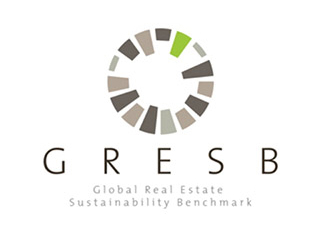
"We also recognise that there are other emerging issues to be considered as part of corporate and real estate M&A due diligence; at the forefront is the concept of Responsible Investment. Responsible Investment explicitly acknowledges the relevance to the investor of environmental, social and governance (ESG) factors and addresses the key elements of value, risk and compliance."
GRESB is an industry-driven organisation committed to assessing the Environmental Social Governance (ESG) performance of real assets globally, including real estate portfolios and infrastructure assets. How important is this service to an asset management or portfolio company? Does it add value?
"GRESB's objective is to provide real estate investors and managers with the tools they need to accurately monitor and manage sustainability performance and to prepare for increasingly rigorous environmental, social and governance obligations.
"Strong performance in GRESB means better stakeholder engagement, greater operational-savings and higher property values. Some investors now stipulate that a fund improves its GRESB rating as a condition of investment. It also has the added benefits (in the UK) of reducing potential liabilities such as landfill tax, CRC payments and ESOS burdens. There are other similar global real estate benchmark schemes, however, GRESB is rapidly becoming the recognised first choice for key players in the property market.
"Current service line initiatives in this specific field being developed by Delta-Simons include:
- Sustainability Due-Diligence Report for Acquisitions (meeting minimum requirements of GRESB risk assessments)
- GRESB Reporting Consultancy Support
- EU-wide Energy Auditing Regulations (currently evaluating this service - with a view to developing a risk tool for multi-national organisations to manage EU energy regulations in different countries)"
Savills are predicting that average total return on UK commercial property investments will slip into single digits in 2016 (7.5%), suggesting that it will still be high enough to ensure that it out-performs many other asset classes, and as such investor demand will remain strong and well-ahead of the long-term average. Predictions?
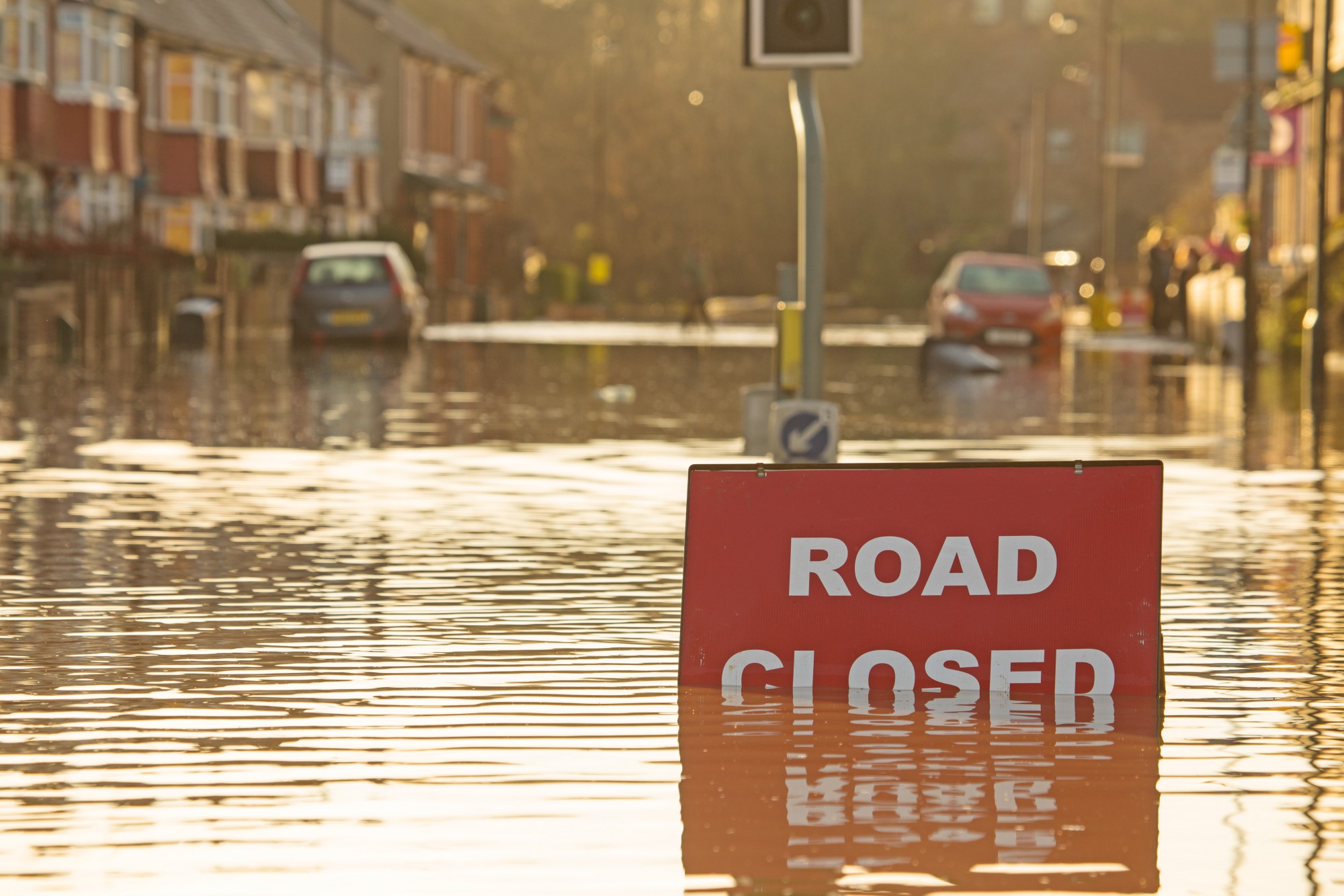 "One thing I have learnt above all else from over 20 years in UK commercial property is that any 'gut feelings' I have about the market are usually way off the mark!
"One thing I have learnt above all else from over 20 years in UK commercial property is that any 'gut feelings' I have about the market are usually way off the mark!
"What I will say, however, is that emerging themes like 'employee/tenant well-being' and 'sustainability' are starting to drive the agenda, though not entirely replace the traditional elements of environmental due diligence best practice. Businesses need to be mindful of this and make sure they are getting it right now, to avoid later issues with liquidity or asset value."
Managing downside risk is critical in the due diligence process, and whilst flooding can be deemed as a climate-related risk would you consider this to be of growing importance to investors protecting their portfolio/assets from flood risk?
"Flood risk is currently the number one hot topic on UK institutional fund property transactions, in the same way that contaminated land risk emerged as a key deal-breaker back in the 1990's. Aside from physical damage caused by floods, if a property is at risk of flooding it may be difficult to obtain suitable insurance cover or actually sell the property in the future.
"With the current 'real-time' flood issues we are experiencing in the UK and the wider media focus on flood risk, a proper flood risk survey undertaken as part of due diligence, in addition to providing information about the likely risk of flood, can provide information about steps that can be taken to mitigate exposure to flood damage or critically analyse the efficacy of the existing flood mitigation measures.
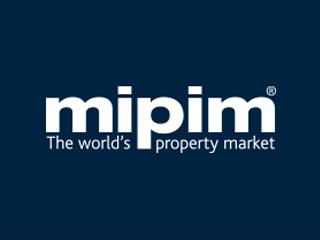 Delta-Simons is attending MIPIM again this year, a global real estate event for all property sectors. This will be Delta-Simons' 10th year, won't it? What do you get out of it?
Delta-Simons is attending MIPIM again this year, a global real estate event for all property sectors. This will be Delta-Simons' 10th year, won't it? What do you get out of it?
"Apart from the sunshine, the wine, the good company and the business networking opportunities - not a lot really!
"MIPIM is tried and tested here at Delta-Simons; we have been attendees since 2006 and have grown up with many of its now more 'seasoned' attendees. As this is only my second visit, I am still taking it quite seriously (laughs) and I am seeking to have a well organised diary of meetings during the two days I am out there, with one or two drinks parties thrown in. I am particularly pleased to be attending the Lincolnshire Brunch event on 16th March to support a UK region which Delta-Simons has strong links with. I am also looking forward to a couple of the Building Surveyor events, as I know they will be well attended."
Read more about our due diligence and transaction support services.
